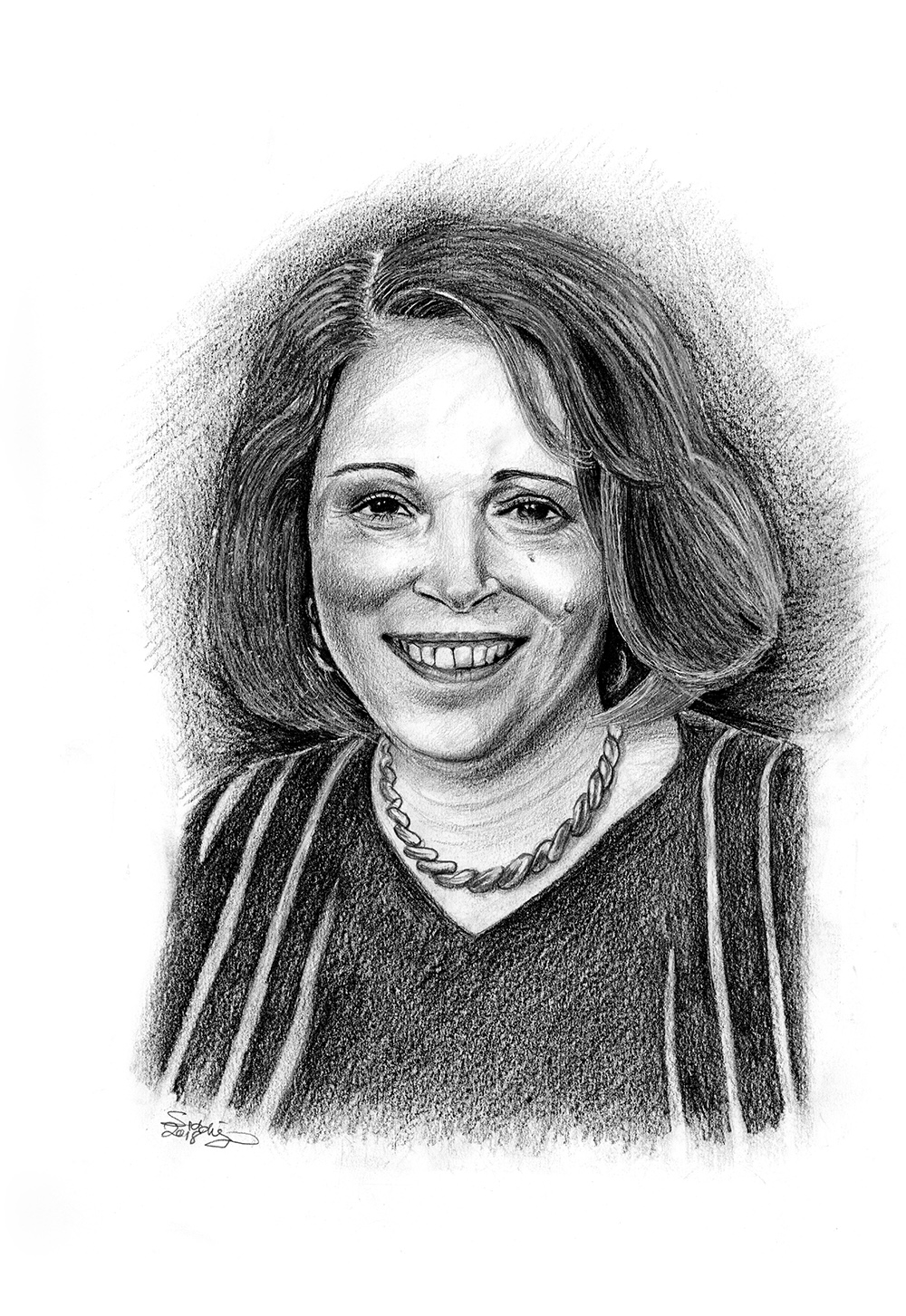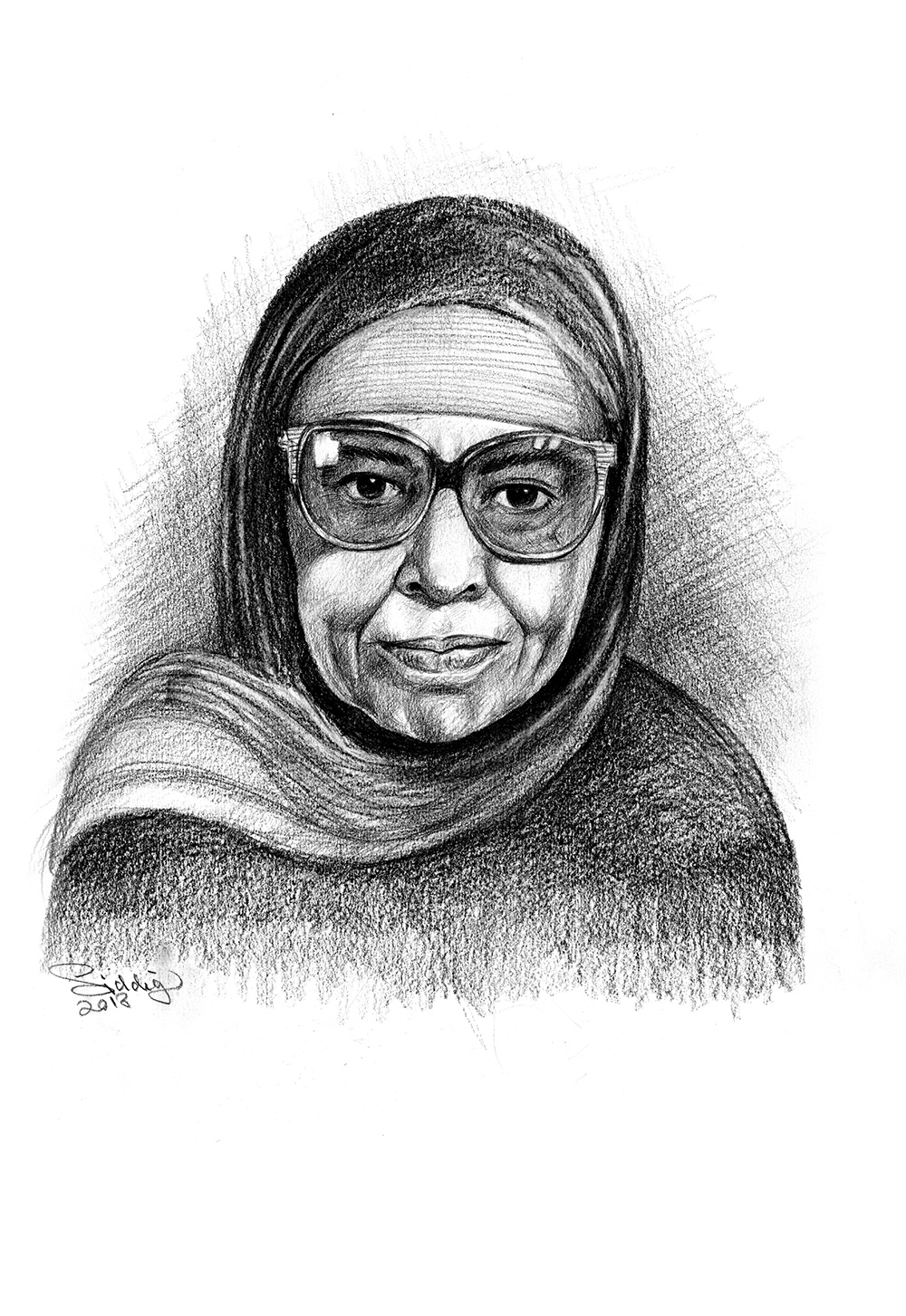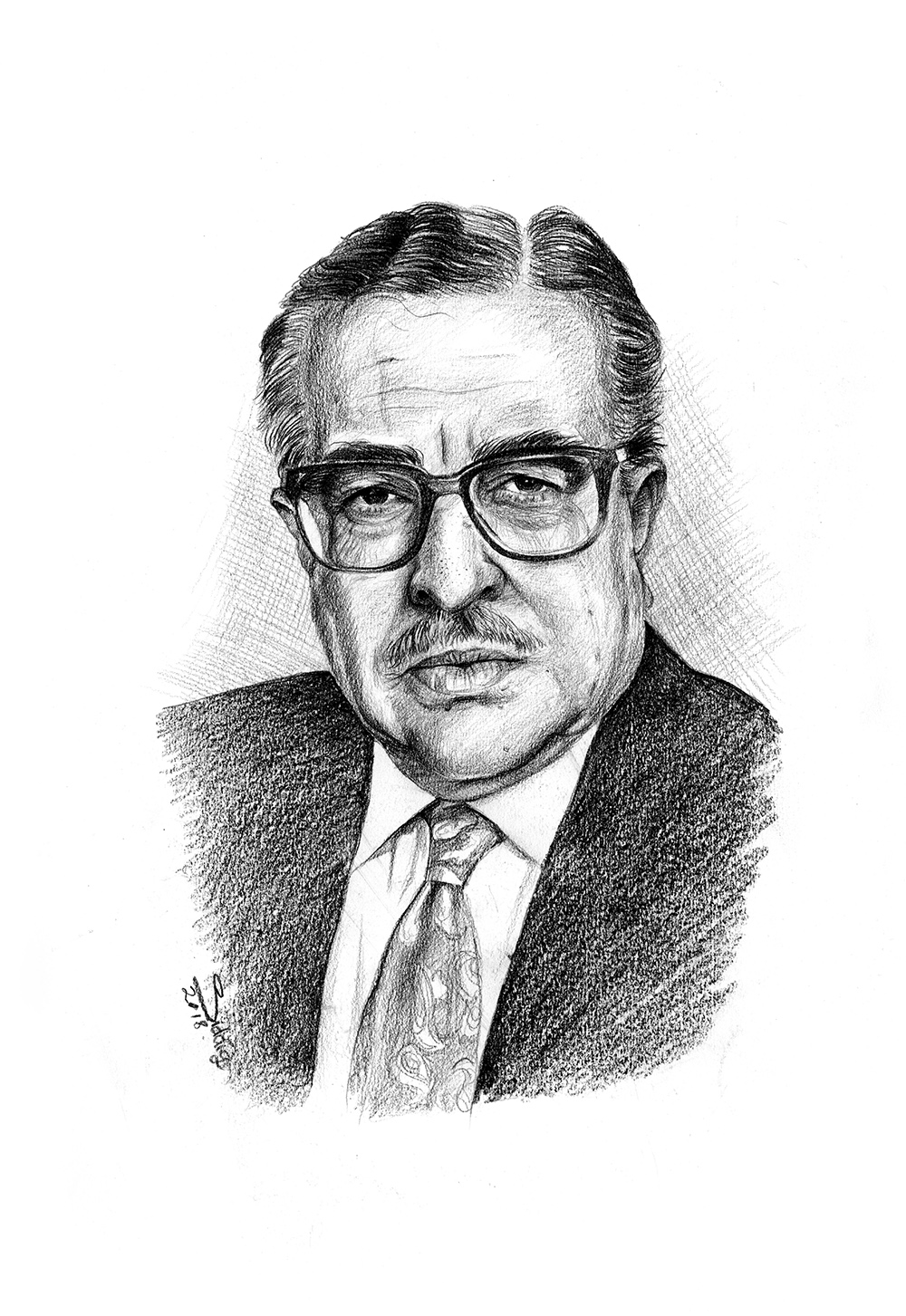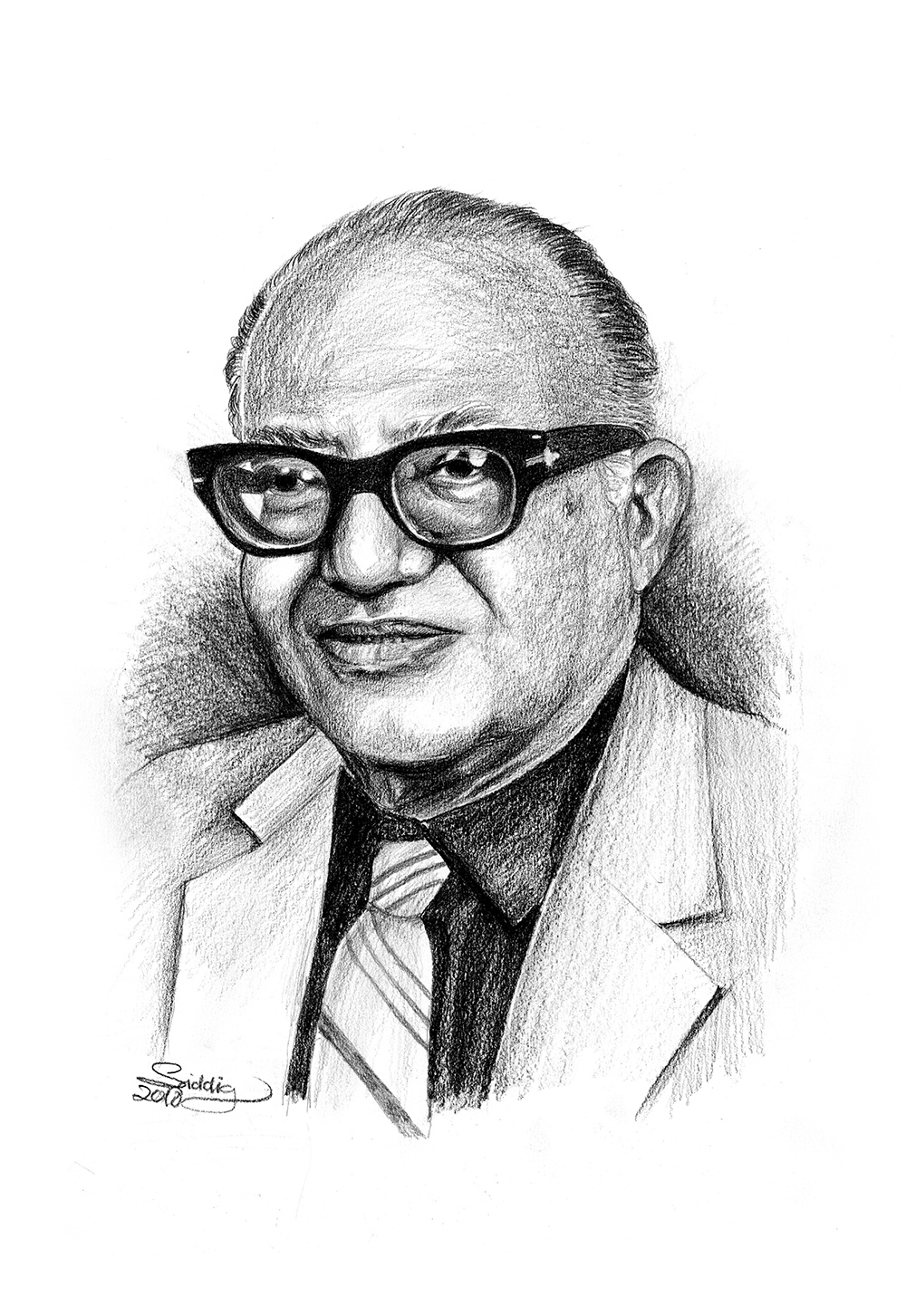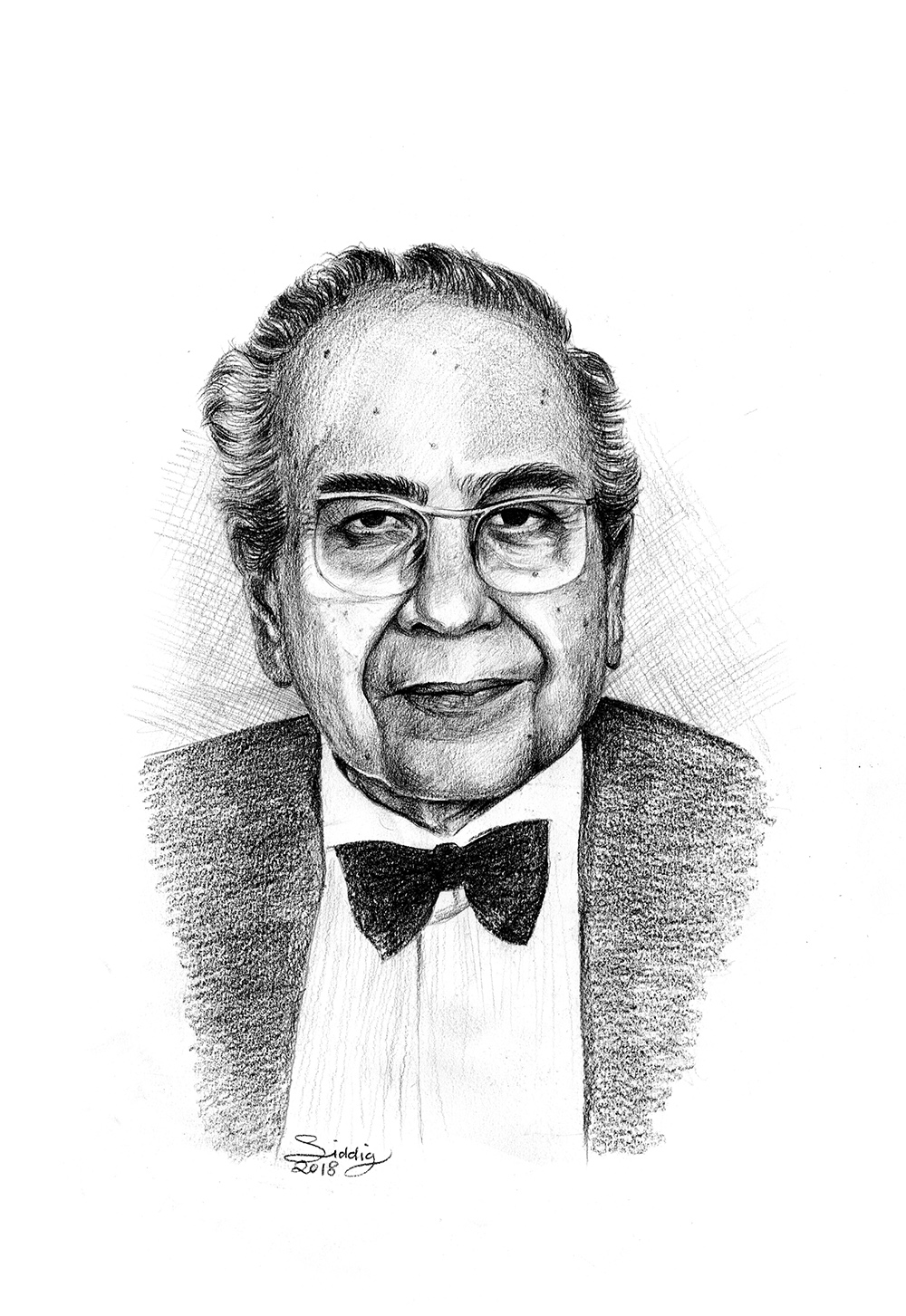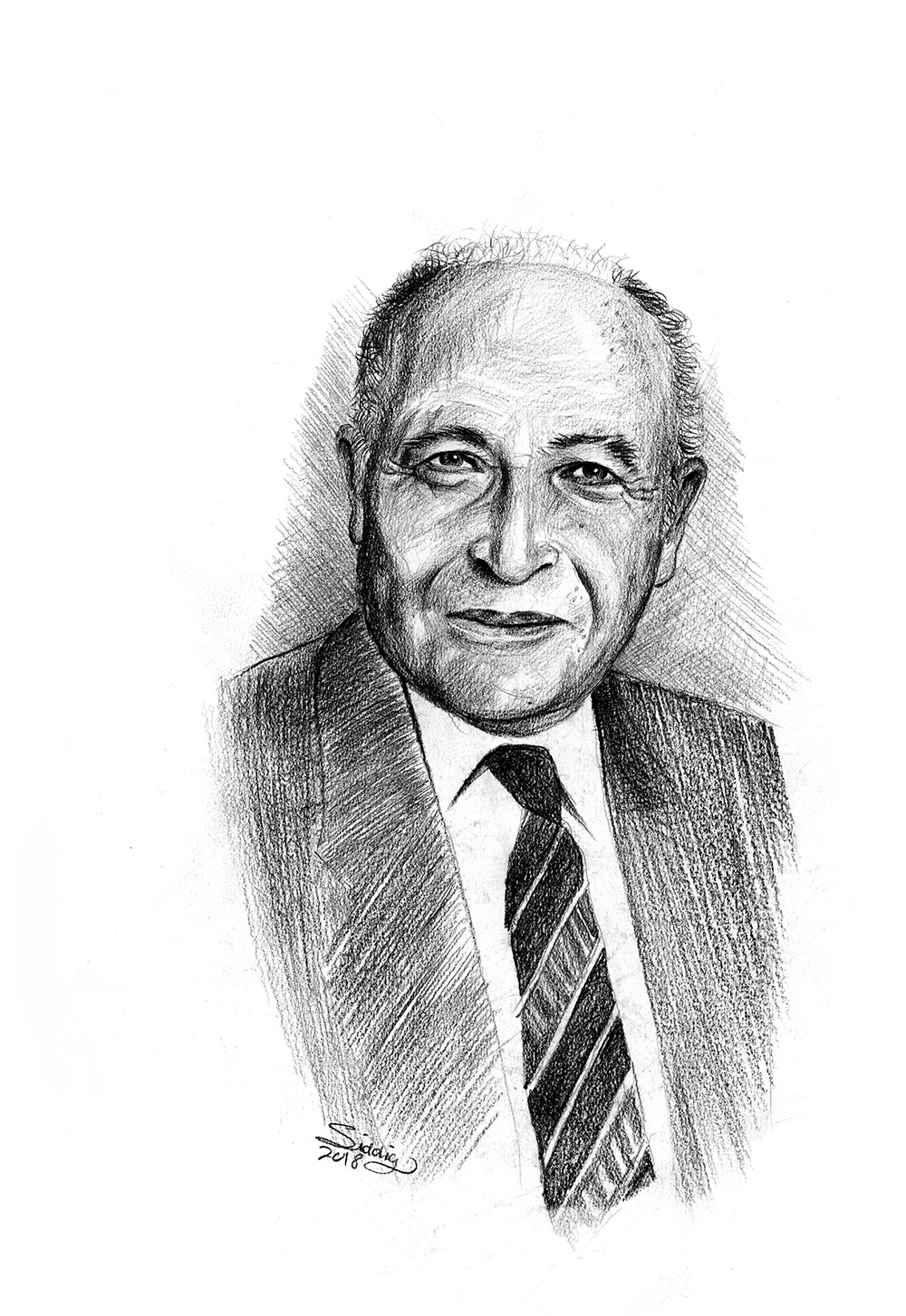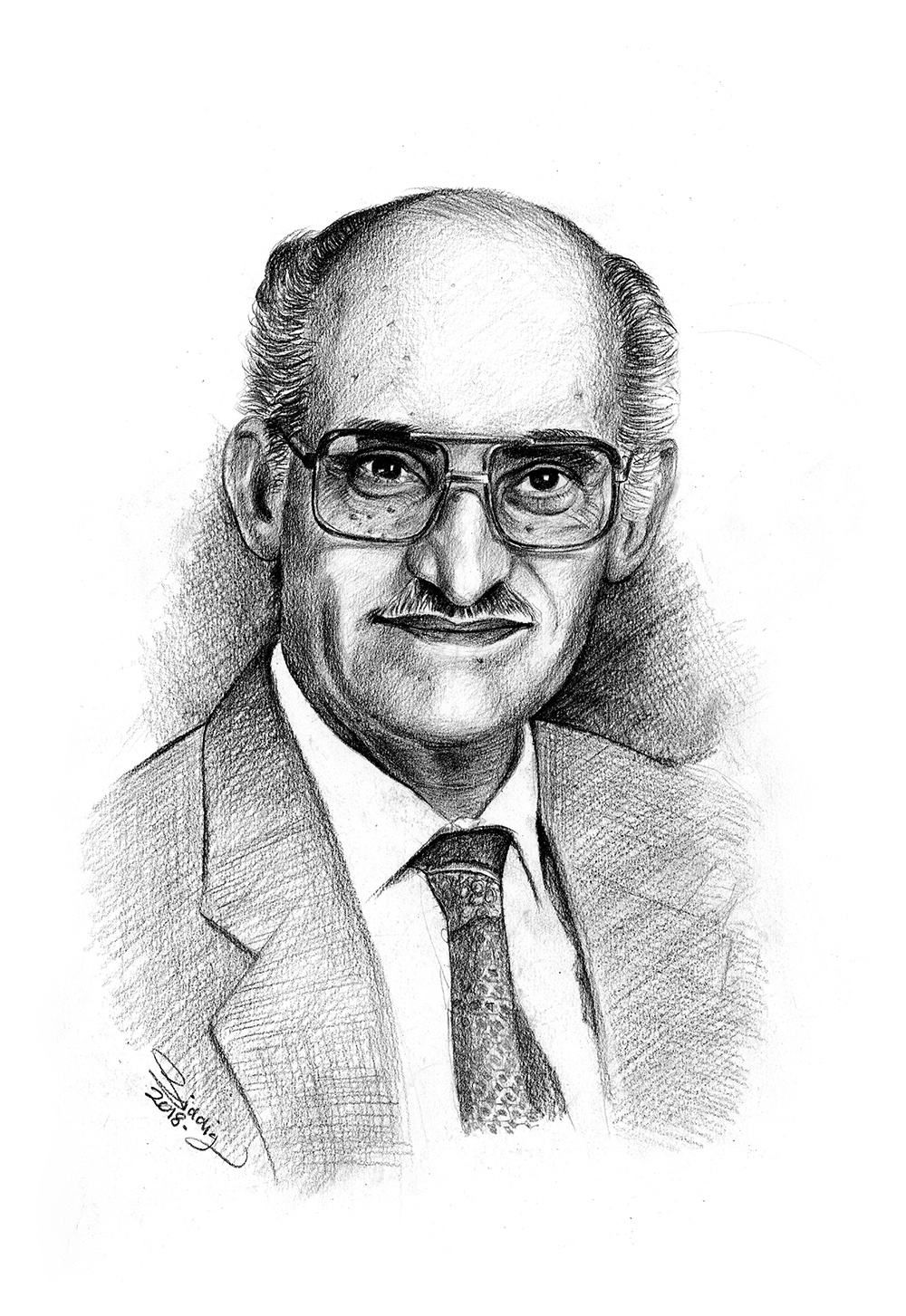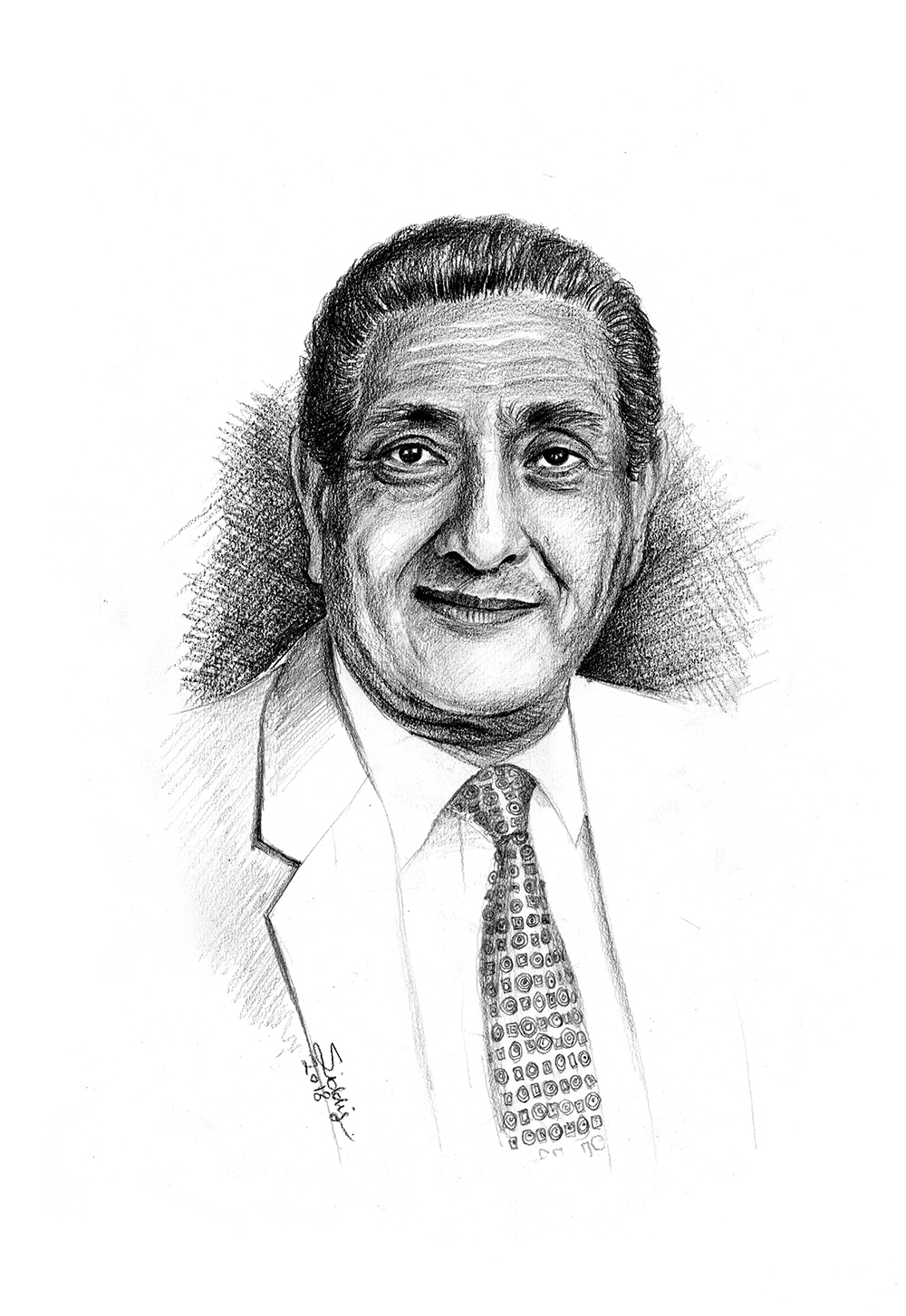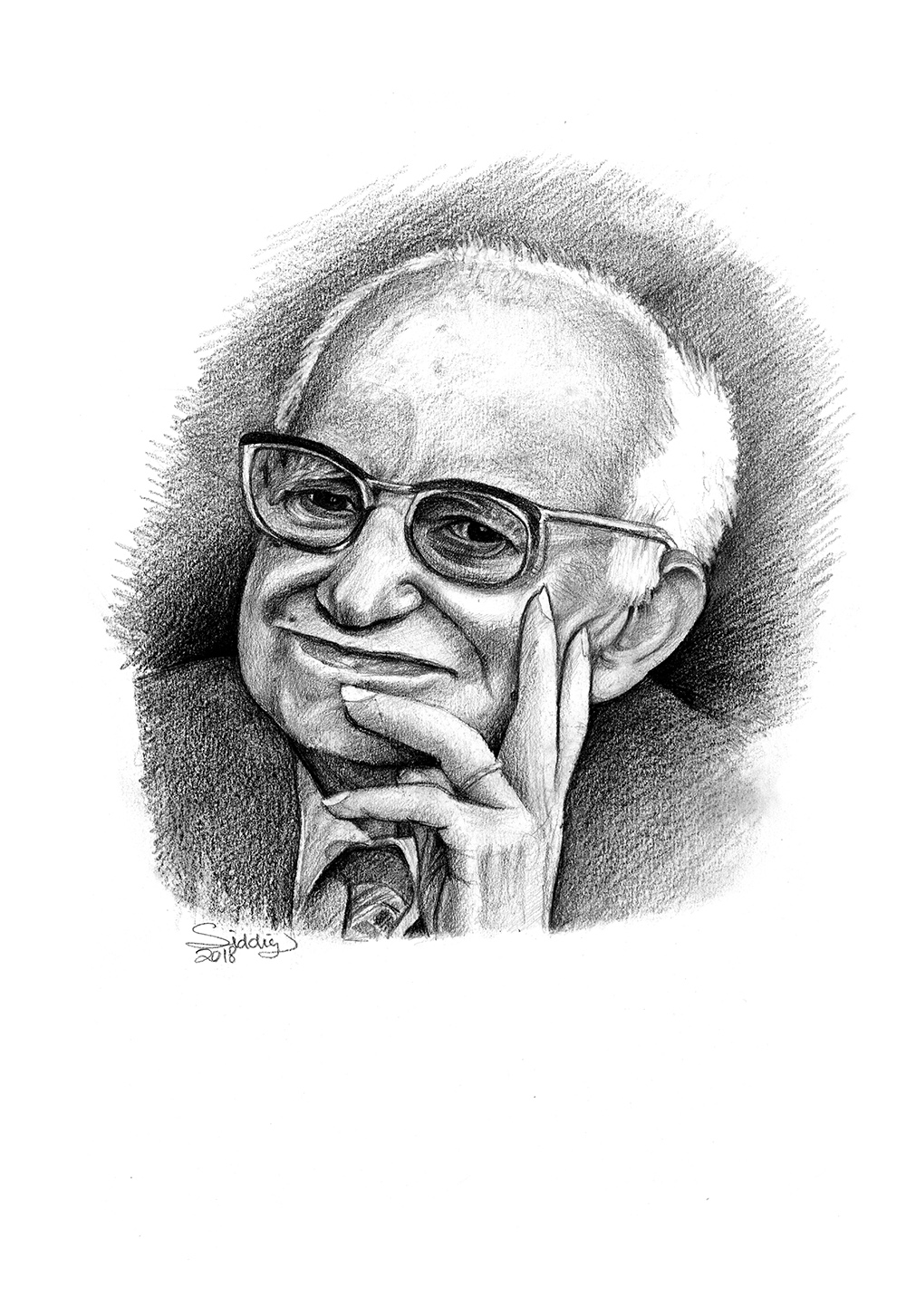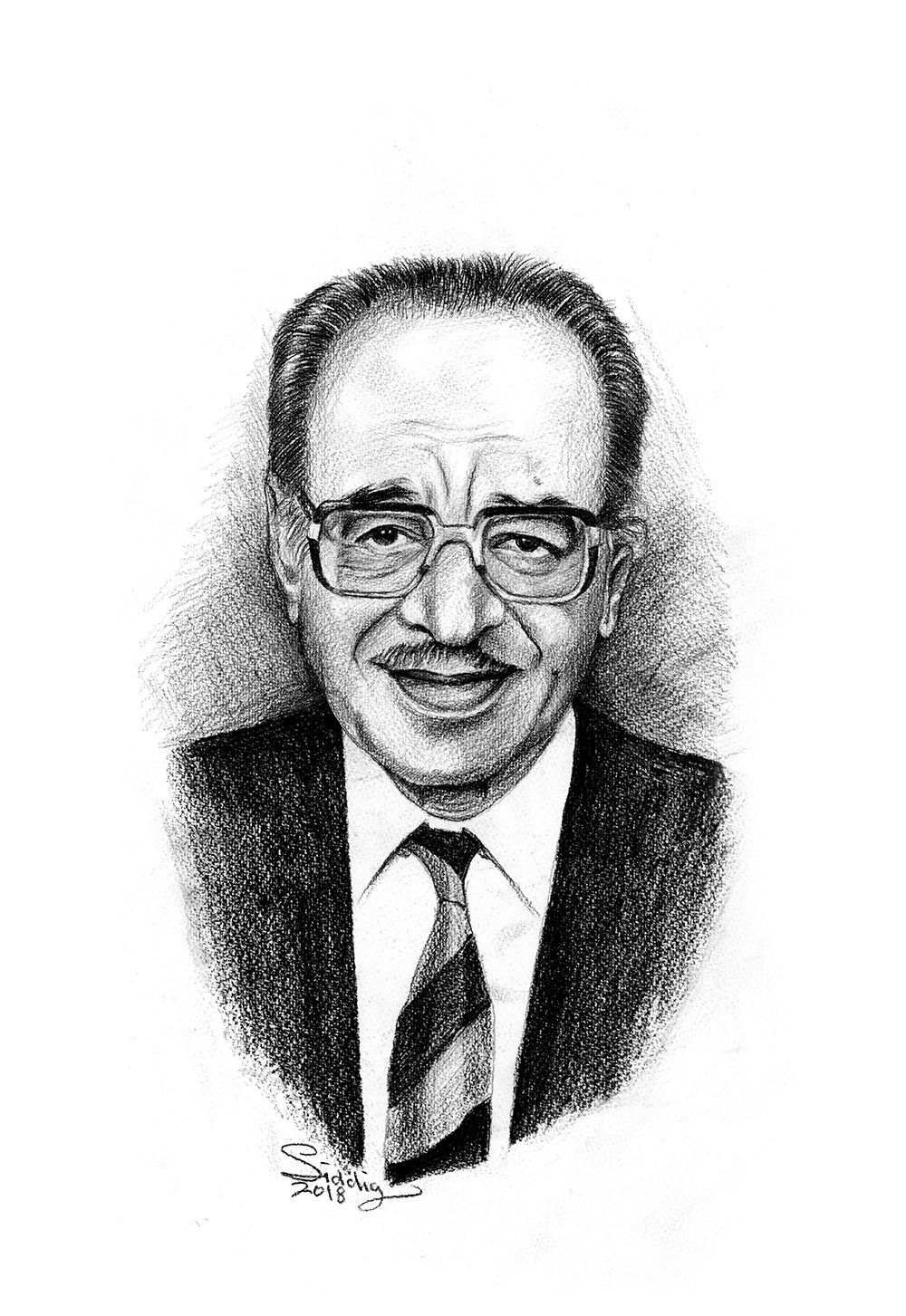Wadad Kadi received her B.A. and master’s degrees in Arabic Literature, and her Ph.D. in Arabic Literature and Islamic Studies, from the American University in Beirut (AUB). She taught for three years at AUB and one year as a fellow/ lecturer at Harvard University, then returned to AUB as an associate professor in the Department of Arabic and Near Eastern Languages. She was a visiting professor at Columbia University in 1985 and an associate professor of Near Eastern Studies at Yale University for the following two years. In 1988, she was appointed Professor at the University of Chicago and was Chair of the Department of Near Eastern Languages and Civilization in Chicago for several years.
An erudite scholar of Arabic literature, professor Kadi has published widely in Arabic and English, including exemplary editions and anthologies of many important early texts. Her major research, which covers a broad area of ancient Arabic prose, examines texts not only as literary works but also as the expression of Medieval Islamic civilization and thought. Her work has reintroduced many important texts from the great tradition of Arabic prose, making them available to students and scholars. She authored ten books and numerous articles, reviews and chapters. She also participated in more than 50 scholarly conferences and symposia. One of her greatest accomplishments is Ibn Hayyan’s Al-Basa’ir wul Zakha’ir (9 volumes), which embodies a superb selection of ancient anthologies and classic prose.
Professor Kadi is an associate editor of E. J. Brill’s Encyclopedia of the Quran, co-editor of Brill’s series: Islamic History and Civilization and member of editorial boards of several academic journals including: Arabica, Journal of Islamic Studies and Al-Abhath. Her honors include academic prizes, visiting professorships at prestigious universities in the US, Europe and the Middle East and memberships of several professional organizations, in addition to the King Faisal International Prize for Arabic Literature.
She was also elected President of the American Society for Middle Eastern studies and her name was entered in the world Reference of Famous Women published by Cambridge University in 1986.
This biography was written in the year the prize was awarded.

